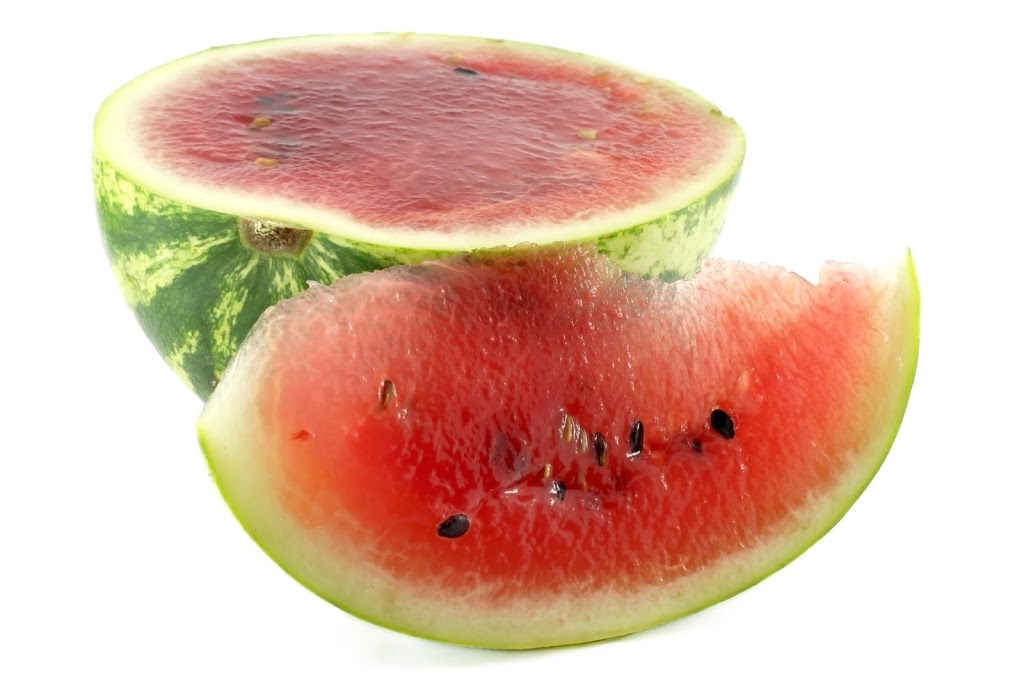Here in Chicago it is thrilling to finally have some warmer weather! In this post Cathy Margolin, the owner of Pacific Herbs, shares two delicious, easy recipes for cooling drinks, perfect for Summer weather.
Even better, both are much healthier than your average sports drink or lemonade, so you can enjoy them guilt free. Try them out and let us know what you think.
From Pacific Herbs
By Cathy Margolin
Summertime is upon us and it’s heating up out there. Forget the lemonade and the passion fruit ice tea, here’s two recipes with natural herbs for real thirst quenching. These are great for anyone who wants a cool, refreshing drink that’s packed with vitamins and heat relieving properties.
These thirst quencher ice teas are healthier than sports drinks and vitamin waters and yet still taste good.
This tea is also greener!! Instead of buying and tossing those plastic (BPA ridden) bottles into landfills, you’re making a healthy fitness beverage. You may not know these Chinese herbs but you can easily find them in Asian markets or on the Internet.
These teas have cooling properties to help keep you comfortable on those hot and humid summer days. If you’re exercising in the heat these teas are perfect to rehydrate the minerals you’re losing. It’s what you need in your water bottle for a bike ride, after a workout and in the refrigerator all summer long.
Regarding sweeteners, we know high fructose corn syrup and cane sugar is not so good for us. High fructose corn syrup is prevalent in juice drinks, sports drinks and processed foods so here’s some natural herbal options to sweeten these teas. These sweeteners will help diabetics control their blood sugar and won’t contribute to your kid’s cavities.
I love how easy it is to use Lo Han Sweet. Add a few teaspoons to a pitcher of tea for a healthy, low calorie sweetener. It’s made from ½ Xilitol and ½ Chinese herb extract called Longevity fruit. It looks a little like Splenda’s consistency but much safer. You can read more about Lo Han Sweet here.
My other sweetener choices would be Stevia or pure Xylitol. Be sure to buy Xylitol, a sugar extract, that is made from non-gmo corn. It resembles sugar but has a third less calories and is great for diabetics. Another option is boiling 1 Longevity fruit, (lou han guo) in a quart of water. The water will be super sweet and you can add this to your tea to taste.
Mint Chrysanthemum Tea – Makes 10-15 cups
1 cup – Mint leaves – Dried or fresh. In Traditional Chinese Medicine mint is used to clear heat from the head and eyes. It’s cool nature helps relieve heat rashes and headaches. This Chinese herb you are sure to know and recognize but you probably didn’t know it also relieves irritability and but not recommended for nursing mothers.
1 cup – Dried Chrysanthemum flowers (Chinese grocery stores sell this or buy on line.) Chrysanthemum, another popular Chinese herb, has been used throughout Asia for centuries to reduce fevers, headaches and red swollen dry eyes.
Directions:
Boil 4 cups of water. Remove from heat and place herbs in water to steep for at least 10 minutes. Strain out herbs and add a few extra mint leaves for taste. Add additional 6 cups of water or ice. Use above sweetener to your desired taste. You may want to use 1 cup of the Longevity fruit sweetener water to taste.
Pink Berry Cooler Tea – Makes 10-15 cups
1 cup – GoJi Berries and/or Red dates – Both of these can be found at most Chinese markets and now some health food stores. Use about 1 cup of either or ½ cup of both. Both are great blood tonics , packed with vitamins and minerals and add a nice natural sweet flavor to any tea.
 1-2 cups Watermelon – You can use both the melon and the white rind. But what you really need here is only the white rind. But, don’t cut too close to the green skin because the taste will get more bitter the closer you get. You’ll want to puree the watermelon with a little of the warm from cooked berries above, before adding it to the other ingredients.
1-2 cups Watermelon – You can use both the melon and the white rind. But what you really need here is only the white rind. But, don’t cut too close to the green skin because the taste will get more bitter the closer you get. You’ll want to puree the watermelon with a little of the warm from cooked berries above, before adding it to the other ingredients.
Watermelon rind has the best cooling properties of just about any melon and has been used in Chinese medicine for generations.
2 cups – Aloe Vera Juice – Buy it by the gallon. It’s cheaper and goes a long way. This is an herb used for centuries and is well known for it’s cooling properties. It’s great for constipation, irritability and red eyes. Add the Aloe to the mixture at the end. I find aloe to be fairly bland tasting so it can be hidden with other flavors easily.
Directions:
Boil 3 cups of water. Turn to a simmer and add Gou Ji berries and red dates. Simmer for 15 -20 minutes. Allow to cool. Strain out herbs. Add Aloe juice and watermelon juice. Add additional 5 cups of water or ice. Use above sweetener to your desired taste.
For a little zing add some sparking water before drinking to either tea or a splash of rose water. (You can usually find rose water in glass bottles in most ethnic markets as well as the Chinese herbs listed above.)
You can see Chinese herbs are not really all that exotic and foreign. 5 out of 6 Chinese herbs mentioned here you have probably heard of before. A little understanding about what to eat and drink when the weather is too cold or too hot can make a big difference in your health. For more info on Chinese herbs “as food” check out this post.
Enjoy!



Comments 3
I can't wait to try these. Thanks for posting!
Let me know how it turns out. I hope you enjoy it !
Pingback: Summer, Fire, Joy, and Cooling Foods - Jennifer Dubowsky, DIPL.Ac.